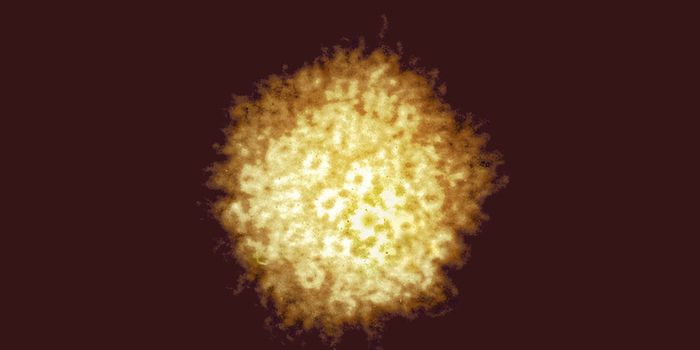In Their First Stressful Year, New Doctors Age Rapidly at the Cellular Level
Some jobs are especially stressful. For example, when new doctors enter their first year of training as interns, they work very long hours in a demanding environment. New research indicates that the protective caps that sit on the ends of chromosomes, called telomeres, will shorten six times faster than average in these new doctors' first year. As the hours they work grow longer, the shortening gets worse. The study, reported in Biological Psychiatry may also provide insight into the biological effects of lengthy and stressful work days in other fields.
"Research has implicated telomeres as an indicator of aging and disease risk, but these longitudinal findings advance the possibility that telomere length can serve as a biomarker that tracks effects of stress, and helps us understand how stress gets 'under the skin' and increases our risk for disease," said the senior author of the study Srijan Sen, M.D., Ph.D., a University of Michigan (UM) neuroscientist, psychiatrist and head of the Intern Health Study.
"It will be important to study how telomere changes play out in larger groups of medical trainees, and in other groups of people subjected to specific prolonged stresses such as military training, graduate studies in the sciences and law, working for startup companies, or pregnancy and the first months of parenting,” he added.
The 2009 Nobel Prize in Medicine was awarded for research that showed that telomeres protect chromosomal DNA from damage (one of the researchers that got the award discusses telomeres and aging in the video below). Most research on telomeres has been done in older adults. Short telomeres are linked to disease and depression.
This work included 250 recent graduates of medical school that participated in the Intern Health Study and a control group of UM college students. DNA was contributed at the beginning and end of the intern year, along with a series of lengthy questionnaires.
The scientists found that some of these new doctors started with shorter telomeres; some of them had indicated that they had very stressful childhoods, while others had personality traits like neuroticism, pessimism, and difficulty relaxing. By the end of the year, however, the researchers found that the number of hours worked by the interns was the only factor correlated with telomere shrinkage. The interns in the study worked an average of 64.5 hours per week, but as individuals worked more hours, their telomeres shrank faster. In the control group of 85 undergraduates, no telomere shrinkage was observed.
"The responses given by some of the interns in these surveys indicated that some were averaging more than 80 hours of work a week, and we found that those who routinely worked that many hours had most telomere attrition," said Sen. "Those whose hours were at the lower end of the range had less telomere attrition."
Sen wants to know more about how work schedules can impact telomere length; findings have already indicated that lots of changes in work hours disrupt circadian rhythm and mood. He also wants to investigate ways to stop the shrinkage or potentially, lengthen short telomeres.
"Residency directors should do as much as they can to keep their interns' work hours and workload towards the lower end of the current range,” he suggested. He also encourages interns to try to relieve stress and get enough sleep.
Sources: AAAS/Eurekalert! via University of Michigan, Biological Psychiatry









